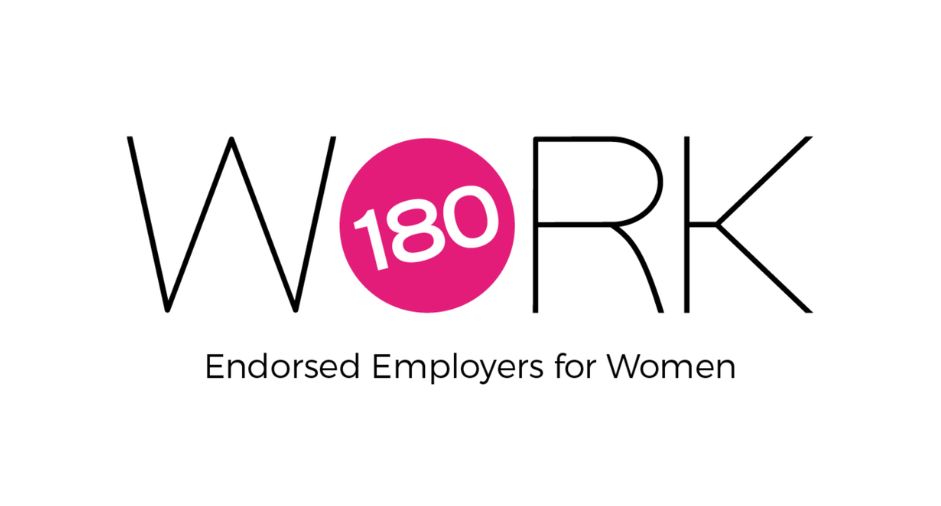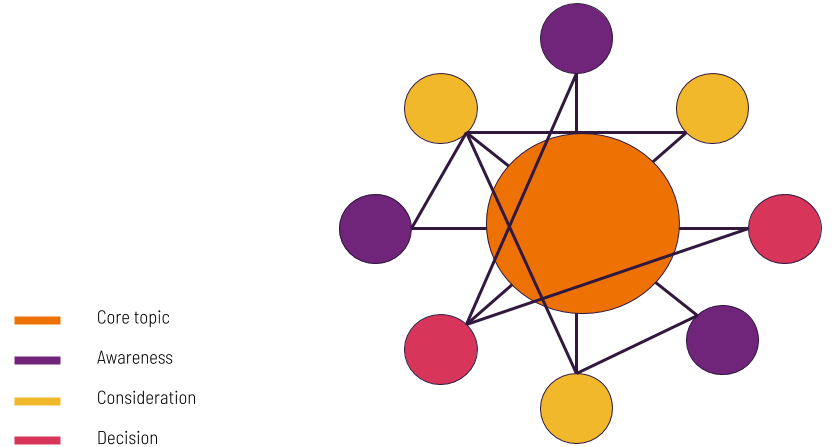The Facebook algorithm is interesting. As the platform matures, so does the way you use it for organic (aka free) growth of your business. But have you really considered a marketing strategy around creating a highly engaged Facebook group? Find out how women-focused job-seeking company WORK180, did just that and more on this episode of Forward Thinking.

What you will learn in this episode:

- How the push for transparency facilitated a positive social impact for female workers
- How WORK180 grew from the ground up with $20,000 and campaigns on diversity
- Tips on gaining event traction in the early days
- The benefits of building a strong Facebook group
- Networking with the right people to grow your startup
- How anonymity drives Facebook engagement and facilitates valuable and shareable content
- Changing careers with transferable skills
- How to grow your business globally while working remotely
- Preparing your candidates and employees with the agile environment of startups
- Setting boundaries when you’re working from home
Notable Quotes:

- “It’s going to take over a hundred years to close that gender equality gap”
- “Through transparency, we have employers now changing their policies at a rate of one employer every three weeks, sometimes more”
- “Don’t look for cultural fit, look for cultural contribution”
- “We have very engaged Facebook groups where we have shortlist topics we think are interesting and people can vote on them. Then you’re getting that engagement around. If you've already invested in coming to an event, you’re more likely to attend”
- “In areas where it’s really hard to pull off an event, ask people to pre-commit”
Resources mentioned:
Book recommendations:
- The Hard Thing About Hard Things by Ben Horowitz
- What You Do Is Who You Are: How to Create Your Business Culture About Culture by Ben Horowitz
- Radical Focus: Achieving Your Most Important Goals ith Objectives and Key Results by Christina Wodtke
What business would you build on Mars?










